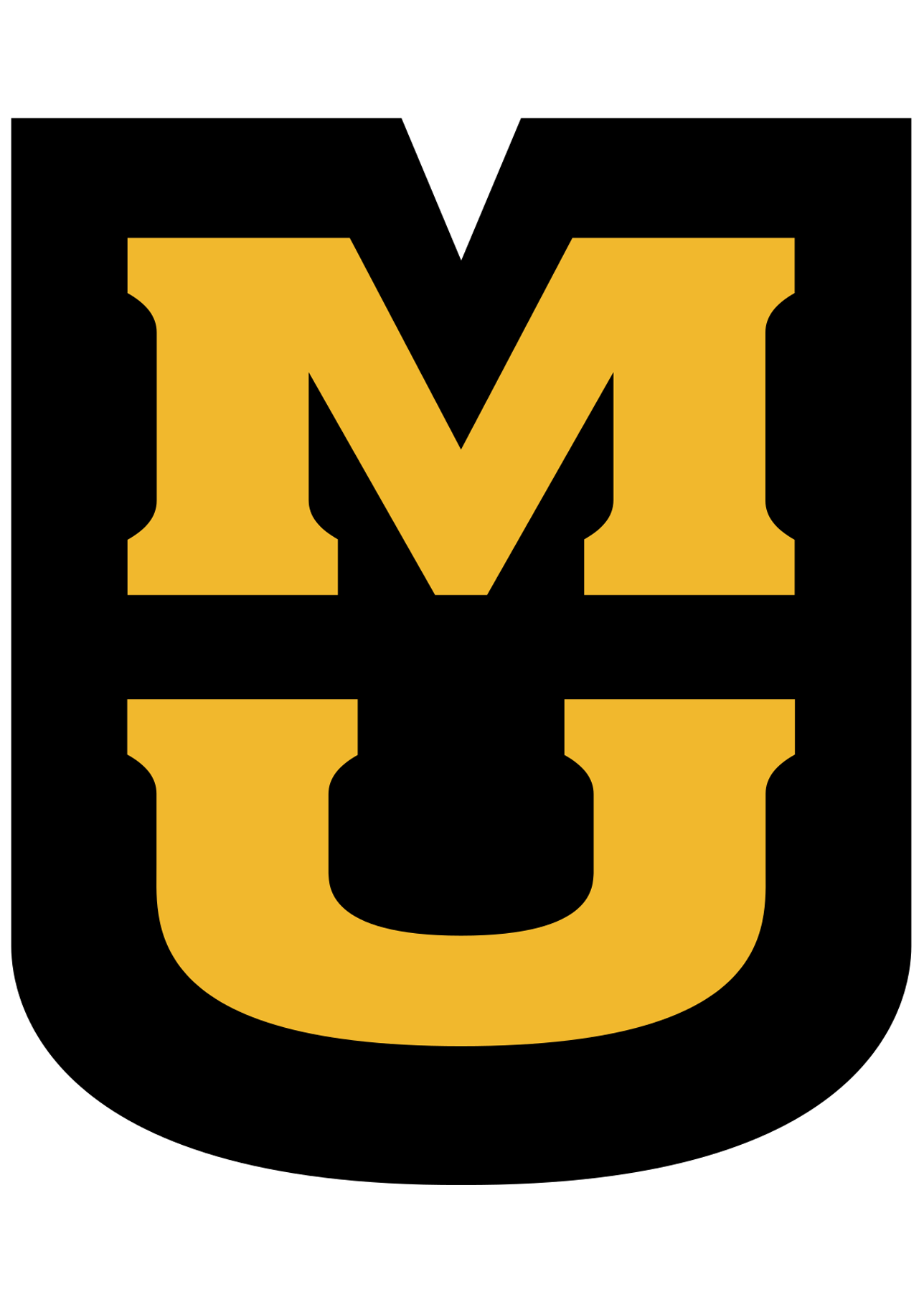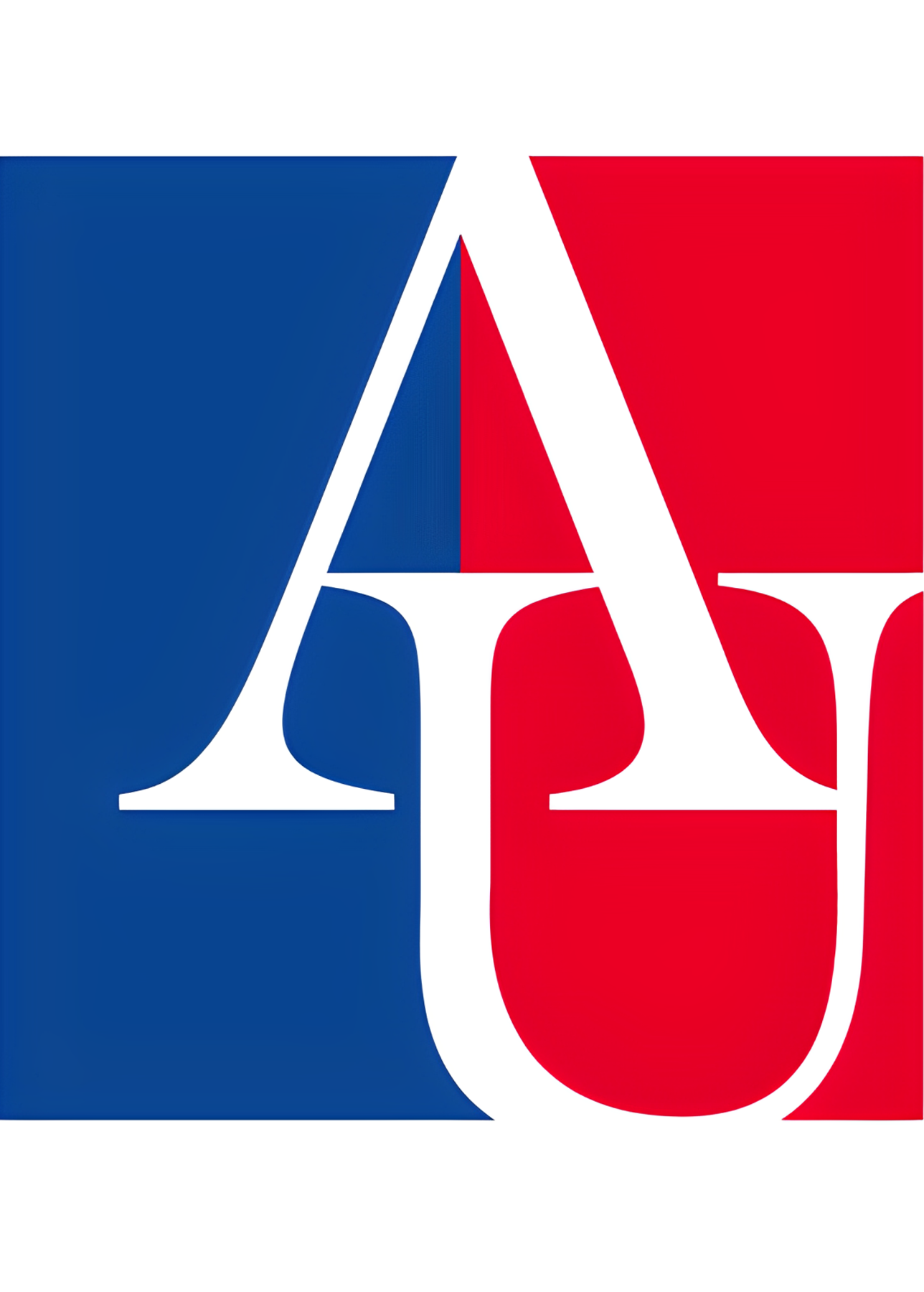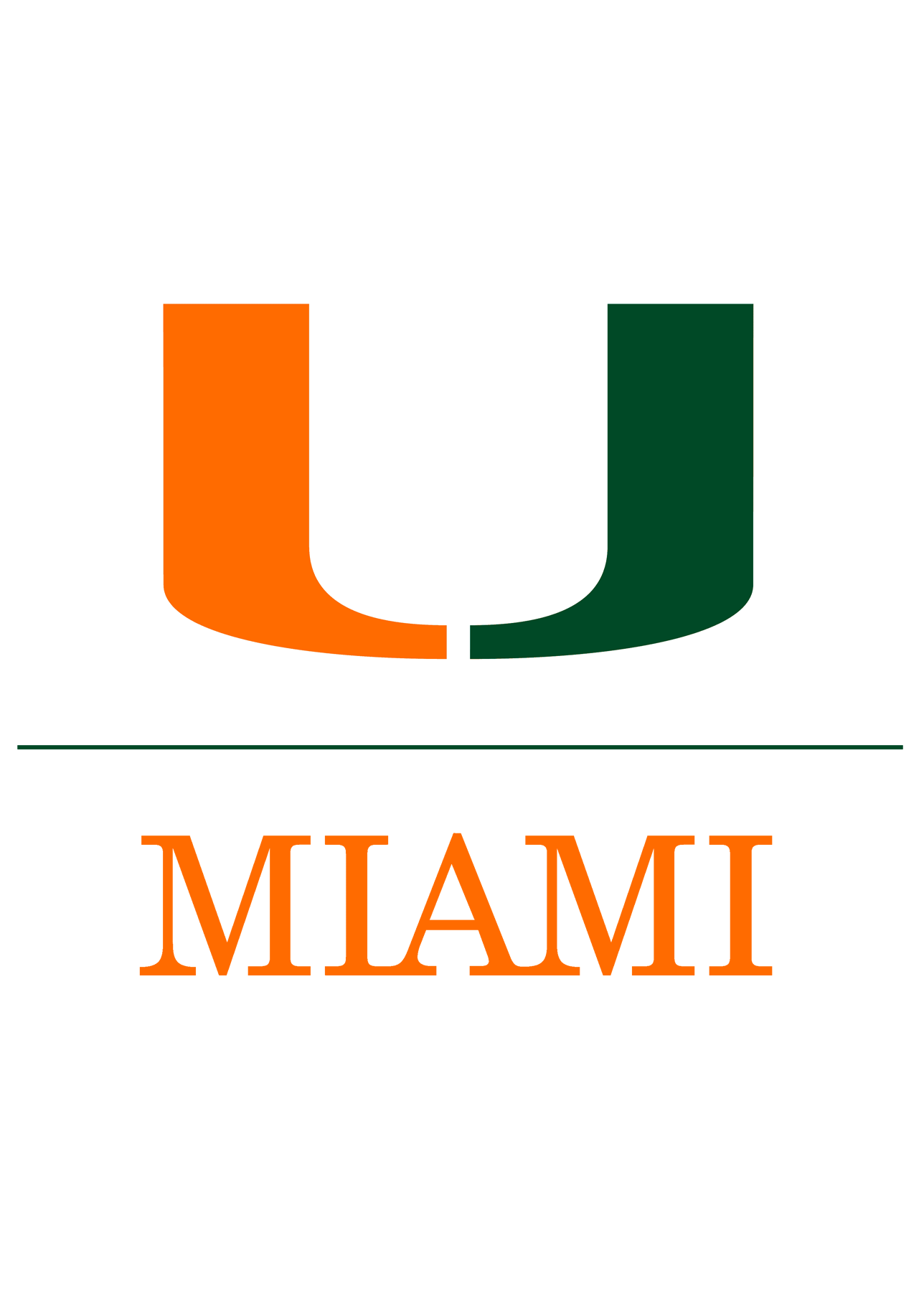Journalism is a dynamic field that changes and progresses with time and technology. A master’s in journalism degree equips students with transferable skills and specializations that can give them an advantage in various competitive journalism, media, and communications jobs. Graduate journalism students develop expertise, gain practical experience, and establish network connections throughout coursework. Programs span between one and two years and cost approximately $20,513 yearly.
Journalism and media job opportunities for graduates include roles such as news reporters, media analysts, public relationship specialists, and writers. Media workers earn an average of $66,320 annually, and reporters earn approximately $57,500.
Why Trust Us
The Intelligent.com Higher Education Team is dedicated to providing students with independent, equitable school and program rankings and well-researched resources. Our expert-driven articles cover topics related to online colleges and programs, paying for school, and career outlooks. We use data from the U.S. Department of Education’s College Scorecard, the National Center for Education Statistics, and other reputable educational and professional organizations. Our academic advisory team reviews content and verifies accuracy throughout the year for the most current information. Partnerships do not influence rankings or editorial decisions.
- Analyzed over 2,000 national, accredited, and nonprofit colleges and universities
- 800+ rankings pages are reviewed and updated yearly
- Content is informed by reputable sources, surveys, and interviews with academic advisors and other experts
- Over 100 data points are reviewed for accuracy and quality throughout the year, including sources
How we rank schools
Our list features the best Journalism degree programs at top colleges nationwide. Each school featured is a nonprofit, accredited institution — either public or private — with a high standard of academic quality for post-secondary institutions.
We evaluated each school’s program on tuition costs, admission, retention and graduation rates, faculty, reputation, and the student resources provided for online students. We collected data from trusted sources like the National Center for Education Statistics, individual school and program websites, school admissions counselors, and other data sources. Then, we calculated the Intelligent Score on a scale of 0 to 100 based on the following criterion:
Academic Quality:
- Admission rate versus enrollment rate
- Retention rate of students who return after year one
- Accreditation status (regional and programmatic)
- Nonprofit status, both private and public institutions
Graduation Rate
- Overall graduation rate
- Total number of currently enrolled students, including diversity metrics
- Student-to-faculty ratio
Cost and ROI
- In-state and out-of-state per-credit tuition rates and fees
- Required credits to graduate
- Earning potential after graduation
- Availability of federal student loans, scholarships, and other financial aid options
Student Resources
- Available student services for online-only and hybrid programs
- On-campus amenities like tutoring centers and the number of libraries
Read more about our ranking methodology.
Best 15 Accredited Master’s in Journalism Degree Programs
FiltersInstitution Type
Status
- Intelligent Score
- Alphabetically By University Name
- Acceptance Rate
- Enrollment
- In-state Graduate Tuition
- Out-of-state Graduate Tuition
- In-state Undergraduate Tuition
- Out-of-state Undergraduate Tuition

Columbia University
Intelligent Score: 97.56In-state: $57,864
Out-of-state: $57,864
In-state: $49,024
Out-of-state: $49,024
SAT: 1460-1570
ACT: 33-35
$1,696
On-Campus
Middle States Commission on Higher Education
46

University of California, Berkeley
Intelligent Score: 97.52In-state: $11,442
Out-of-state: $41,196
In-state: $11,442
Out-of-state: $11,442
SAT: 1310-1530
ACT: 30-35
$681
On-Campus
Western Association of Schools and Colleges Senior College and University Commission
36

University of Missouri
Intelligent Score: 96.90In-state: $9,330
Out-of-state: $27,612
In-state: $9,478
Out-of-state: $9,478
SAT: 1110-1320
ACT: 23-29
Resident: $575
Non-Resident: $1,325
On-Campus
Accrediting Council on Education in Journalism and Mass Communications
37

Northwestern University
Intelligent Score: 96.88In-state: $58,227
Out-of-state: $58,227
In-state: $56,067
Out-of-state: $56,067
SAT: 1430-1550
ACT: 33-35
$1,731
On-Campus
Accrediting Council on Education in Journalism and Mass Communications
52

University of Maryland
Intelligent Score: 95.99In-state: $8,824
Out-of-state: $34,936
In-state: $13,158
Out-of-state: $13,158
SAT: 1270-1480
ACT: 30-34
Resident: $828
Non-Resident: $1,805
On-Campus
Middle States Commission on Higher Education
30

Stanford University
Intelligent Score: 93.50In-state: $55,473
Out-of-state: $55,473
In-state: $54,315
Out-of-state: $54,315
SAT: 1420-1570
ACT: 31-35
$1,224
On-Campus
Western Association of Schools and Colleges Senior College and University Commission
45

New York University
Intelligent Score: 93.32In-state: $52,204
Out-of-state: $52,204
In-state: $34,704
Out-of-state: $34,704
SAT: 1370-1540
ACT: 31-34
$1,792
On-Campus
Middle States Commission on Higher Education
36

University of Southern California
Intelligent Score: 92.82In-state: $59,260
Out-of-state: $59,260
In-state: $47,880
Out-of-state: $47,880
SAT: 1340-1530
ACT: 30-34
$2,137
On-Campus
Accrediting Council on Education in Journalism and Mass Communications
36

Craig Newmark Graduate School of Journalism at CUNY
Intelligent Score: 92.62In-state: $6,930
Out-of-state: $14,880
In-state: $11,090
Out-of-state: $11,090
SAT: 1170-1340
ACT: 25-31
Resident: $409
Non-Resident: $894
On-Campus
Middle States Commission on Higher Education
43

University of Illinois at Urbana-Champaign
Intelligent Score: 92.55In-state: $14,317
Out-of-state: $33,824
In-state: $15,016
Out-of-state: $15,016
SAT: 1200-1460
ACT: 27-33
Resident: $607
Non-Resident: $1,240
On-Campus, Online
Higher Learning Commission
32

Newhouse School at Syracuse University
Intelligent Score: 91.58In-state: $53,432
Out-of-state: $53,432
In-state: $40,392
Out-of-state: $40,392
SAT: N/A
ACT: N/A
$1,872
On-Campus
Accrediting Council on Education in Journalism and Mass Communications
40

Georgetown University
Intelligent Score: 91.11In-state: $57,384
Out-of-state: $57,384
In-state: $53,136
Out-of-state: $53,136
SAT: 1380-1550
ACT: 31-35
$1,573
On-Campus
Middle States Commission on Higher Education
30

Boston University
Intelligent Score: 91.07In-state: $56,854
Out-of-state: $56,854
In-state: $56,854
Out-of-state: $56,854
SAT: 1310-1500
ACT: 30-34
$1,276
On-Campus
New England Commission of Higher Education
50

American University
Intelligent Score: 89.59In-state: $50,542
Out-of-state: $50,542
In-state: $34,533
Out-of-state: $34,533
SAT: 1220-1390
ACT: 27-32
$2,000
On-Campus
Accrediting Council on Education in Journalism and Mass Communications
30-33

University of Miami
Intelligent Score: 87.30In-state: $52,080
Out-of-state: $52,080
In-state: $45,288
Out-of-state: $45,288
SAT: 1250-1420
ACT: 28-32
$2,421
On-Campus
American Association of Collegiate Schools for Broadcast Journalism
36
How to Choose a Master’s in Journalism Program
Choose your area of study
Graduate journalism programs prepare students and current journalist professionals for print, broadcast, and multimedia journalism careers.
Most journalism graduate degree programs fall under the arts designation. A Master of Arts in Journalism (M.A.) encompasses many topics and perspectives, such as politics, economics, fashion and lifestyle, science, and entertainment, and incorporates journalistic theory, critical thinking, law and ethics, and hands-on training. Students can pursue a range of advanced roles in journalism and communications, such as editor, news reporter or anchor, producer, or writer.
A Master of Science in Journalism (M.S.) emphasizes a technical and multimedia approach to the field. These degree programs develop analytical and technical skills and provide ample opportunities for students to work hands-on with social media, broadcasting and editing tools, and other mediums. M.S. graduates can pursue many of the same careers as M.A. degree holders but also succeed in technical or analytical roles such as multimedia journalist, producer, public relations specialist, and news analyst.
Master’s programs typically offer various specializations and concentrations — consider your interests and career goals to select your ideal area of study. Concentrations vary by school, but usually include:
- Business and economics
- Digital journalism
- Arts and culture
- Photojournalism
- Global journalism
- Content strategy
- Sports media
Research schools and programs
Visit the website and social media accounts of each school and program you’re interested in, and look for resources for prospective students, such as in-person or virtual information sessions and campus tours. Contact admissions counselors and program representatives for further insight and recommendations.
Check the accreditation of each school and program you research. The Council for Higher Education Accreditation, the Database of Accredited Postsecondary Institutions and Programs, and other accreditation agencies verify that institutions meet the Department of Education’s standards. Beyond ensuring the quality of education, accreditation is generally necessary to secure federal financial aid. Credits from accredited programs can transfer to most institutions in the United States, and many jobs require relevant training and education from an accredited program.
Prepare for tests and applications
Master’s program admission requirements vary by program and institution, but they typically include:
- Application form and fees
- Bachelor’s degree in a related field
- Transcripts and GPA
- Letter(s) of recommendation
- Personal essay
- Statement of purpose
- Resume or CV
- GRE or GMAT scores
- TOEFL scores (for students educated in a non-English language)
Graduate journalism programs may also require a portfolio of work that demonstrates students’ ability to research, analyze, and communicate. Students often have a bachelor’s degree in journalism, English, communications, or similar fields, but many institutions accept any field of accredited degree. Most graduate programs require at least a 3.0 GPA.
Select your program
Programs and institutions offer varying experiences with different resources and opportunities. Career objectives, personal interests, financial resources, and many other factors can influence program choices. For example, students who continue working while completing a master’s program may prefer the convenience of programs offering part-time, hybrid, and online options.
Consider the following when selecting your program:
- Course content
- Course delivery method
- Final master’s project
- Practical experience and work opportunities
- Tuition
- Location
Determine how you’ll pay for your degree
Contact your chosen institution’s financial aid office for information on tuition, fees, and other expenses. Regardless of your financial circumstances, verify that your program is eligible for federal financial aid, and submit the Free Application for Federal Student Aid (FAFSA) form. FAFSA can assess students’ financial needs and award federal loans, grants, scholarships, and other financial assistance.
Graduate students may be able to work in journalism assistantship or fellowship programs at their university, which typically offer either tuition funding, stipends, or salaries. For additional financial assistance, graduate students can access direct unsubsidized and graduate Direct PLUS loans. Some institutions, non-profit foundations, and private organizations may also offer funding based on merit or workforce development. Employed students should also inquire with their employer about tuition assistance benefits.
What Can You Expect From a Master’s in Journalism Program
A master’s degree in journalism helps students refine their proficiency in storytelling and research for various media and audiences, preparing them for interdisciplinary careers in journalism, communication, content creation, and other fields.
With a blend of theoretical and practical experience in academic and professional settings, students train specific skills, develop expertise in their designated journalism specialty, and graduate with a portfolio of journalistic work. Many graduate journalism programs emphasize practical experience and require students to complete various internships, work placements, and workshops through which they gain real-world experience and opportunities for networking.
Students must also complete core seminars and lectures, receive either group or individual mentoring from journalism professionals, and complete a capstone project or thesis. Depending on credit requirements, graduation programs usually span one or two years. Some may count professional experience toward required credits.
Potential courses you’ll take in a master’s in journalism program
- Media Law and Ethics: Students examine the U.S. legal system and the roles and responsibilities of news media. Course content may cover legal concepts and restrictions, legal concepts, and court case research with ethical and philosophical discussions.
- Multimedia Storytelling: This course gives students the narrative skills to create audio, visual, and written content for various platforms. Students work with technologies necessary for journalism in integrated media.
- Investigative and Data-Based Reporting: Data-based journalism courses explore the increasingly important role of numerical data in reporting. Students use digital tools and techniques to practice collecting and analyzing data, building digital maps, and producing data-based stories.
- Theories of Mass Communication: This course uses an interdisciplinary approach to examine how social, economic, technological, and political concepts influence mass communication in the digital age. Topics may include audience behaviors and psychographics, content, news accessibility, and the history of mass communication.
Master’s in Journalism Degree Frequently Asked Questions
How do I apply to a master's in journalism degree program?
Most programs have a digital application page or portal that guides applicants through the process, and details required application materials and information, such as fees, transcript documents, and test scores. Admissions counselors can also verify eligibility and requirements, confirm application deadlines, and provide further insight and recommendations.
How much does a master's in journalism degree cost?
Journalism master’s degree programs cost an average of $20,513 per year before housing, books, and other expenses. Tuition may also vary depending on whether the institution is private or public and whether students qualify for in-state or out-of-state fees. Living expenses may vary depending on the local cost of living.
The average cost doesn’t necessarily reflect your out-of-pocket obligations. Scholarships, grants, loans, and other assistance can reduce your upfront cost.
How long does it take to earn a master's in journalism degree?
Graduate journalism programs typically take between one and two years to complete. Programs vary in required credits, practical experience, projects, and other curriculum or course delivery details, which can shorten or lengthen the total duration.

